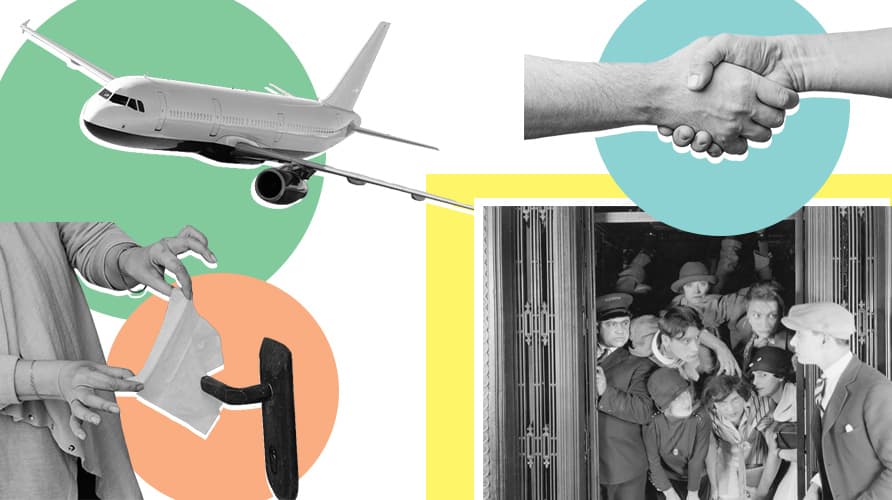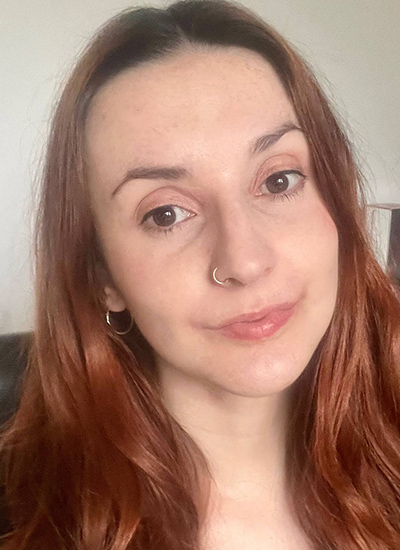
For as long as I can remember, I’ve always been jealous of people who can fall asleep quickly.
Most healthy adults should take around 15 to 20 minutes to fall asleep, which sounds like a complete dream to me. My issue isn’t usually that I can’t sleep through the night, but that it takes me a long time — anywhere between one to two hours — to actually drift off in the first place.
Despite this issue having knock-out effects on my life the next day, I’d written this off to other things — genetics, being a night owl, a weird quirk of my personality — and accepted that maybe I was just doomed to toss and turn each night until sleep finally took me under. But what if I didn’t just have to accept my sleepless fate?
Enter Sleep Reset, a new platform that uses strategies based on Cognitive Behavioral Therapy for Insomnia (CBT-I) as well as one-on-one coaching to help its users improve their sleep and reduce sleep anxiety. The app says it uses the same techniques used by top sleep clinics but at a fraction of the cost.
The program boasts some impressive results, claiming that participants who took a long time to fall asleep (over 30 minutes) reduced this time by 53 percent. It also says that those who were awake for at least an hour during the night decreased their awake time by 41 percent, and those who had more than three awakenings per night experienced two fewer nightly awakenings by the end of the program.
The app is sleek and easy to use — the program kicks off with an in-depth survey about your sleep habits and any issues you might be facing, before you’re asked to spend the first few days simply logging your sleep as normal.
How Sleep Reset Works
The daily questions are pretty straightforward: What time did you go to bed? How long did it take you to fall asleep? What time did you wake up? But, weirdly, I found them harder to answer than you’d think — does anyone really know exactly what time they actually fall asleep? I wear a fitness tracker but the app suggests not relying on devices and focusing more on your own perceptions of your sleep, so a rough estimate will do.
As you go through each day, you’re also introduced to a variety of concepts that explain the science behind sleep and why we might struggle with it. You’re also given a variety of things to try that can help improve sleep, like getting bright light first thing in the morning or ditching screens in the lead-up to bedtime.
Some of the practical tips will not exactly be news for anyone who’s been struggling with sleep for a while, but the psychological explanations prove more interesting, showing you that it’s as much about changing how you feel about sleep as it is about adopting certain habits or “hacks” to sleep better.
My Experience With Sleep Reset
After several days of learning and sleep logging, I’m introduced to my sleep coach through the in-app messaging system and given my “sleep reset schedule.” My goal here is to compress my sleep into a shorter time span for a limited period, before expanding it back to normal timings. I’m asked to stay up later and get up earlier, which will in theory make my sleep more efficient in the long-run and stop me associating bedtime with restlessness.
I go to bed at 1 a.m. and get up at 7 a.m. for my work shift but, thanks to a wave of anxious thoughts, I can’t sleep for ages, meaning I only get around five hours sleep. I do similarly the next day, but by the third day, I accidentally sleep through my alarm and wake up way past my supposed “wake up time,” exhausted from the past couple of sleepless nights.
It turns out doing this part of the program is a lot more difficult than I thought, partly because I’m a complete nightmare when I’m tired and partly because my job as a journalist can have quite a chaotic schedule by nature. I can be up at the crack of dawn on a reporting shift, writing something up on a more relaxed day or typing away to meet a deadline in the late hours of the evening.
My sleep coach reassures me that it’s not about sticking perfectly to a schedule but trying to do it as closely as possible, with the option of a short nap in the middle of the day if you can’t quite make it through to the required bedtime.
Final Review
At first, I’m grumpy and a bit skeptical (how can I get better sleep by getting less?!), but a few days into it, I start to notice some changes. I journal or read before bed and start to actually look forward to it, rather than anxiously scrolling through my phone. I check in with my mood more before bedtime and try to be in a state of calm before I turn out the light, rather than staying up late thinking about work.
About a week in, I wake up and realize that, although I’m not sure I’ll ever be someone who’s quick to fall asleep, I’d drifted off in around 40 minutes, which rarely ever happens for me.
It’s early days as the program recommends a commitment of eight weeks in total to see the full effects, but so far it’s shown me I might not be doomed to a lifetime of restless nights after all.
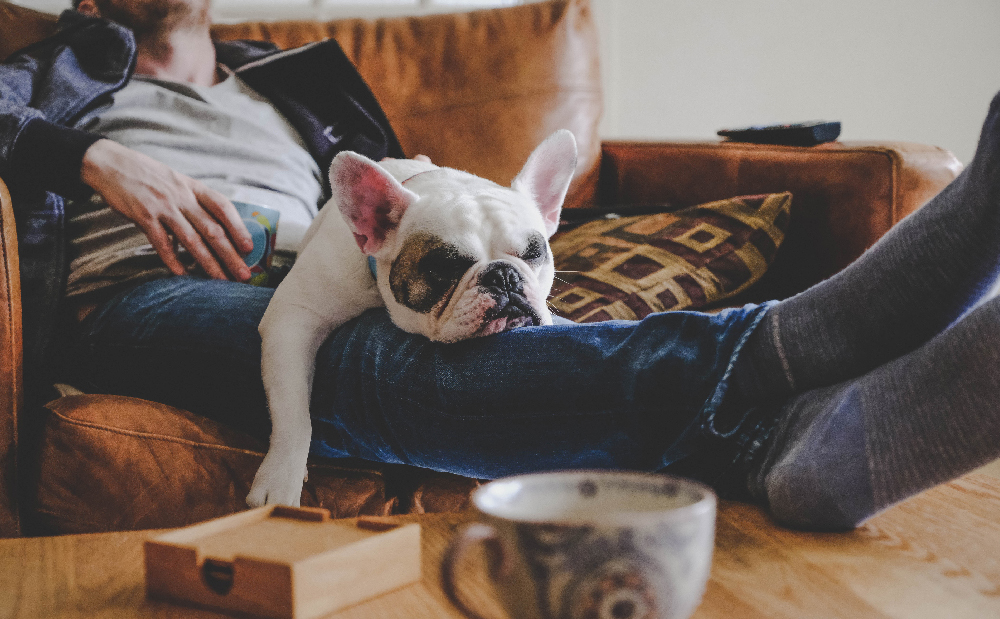
The Benefits of Napping
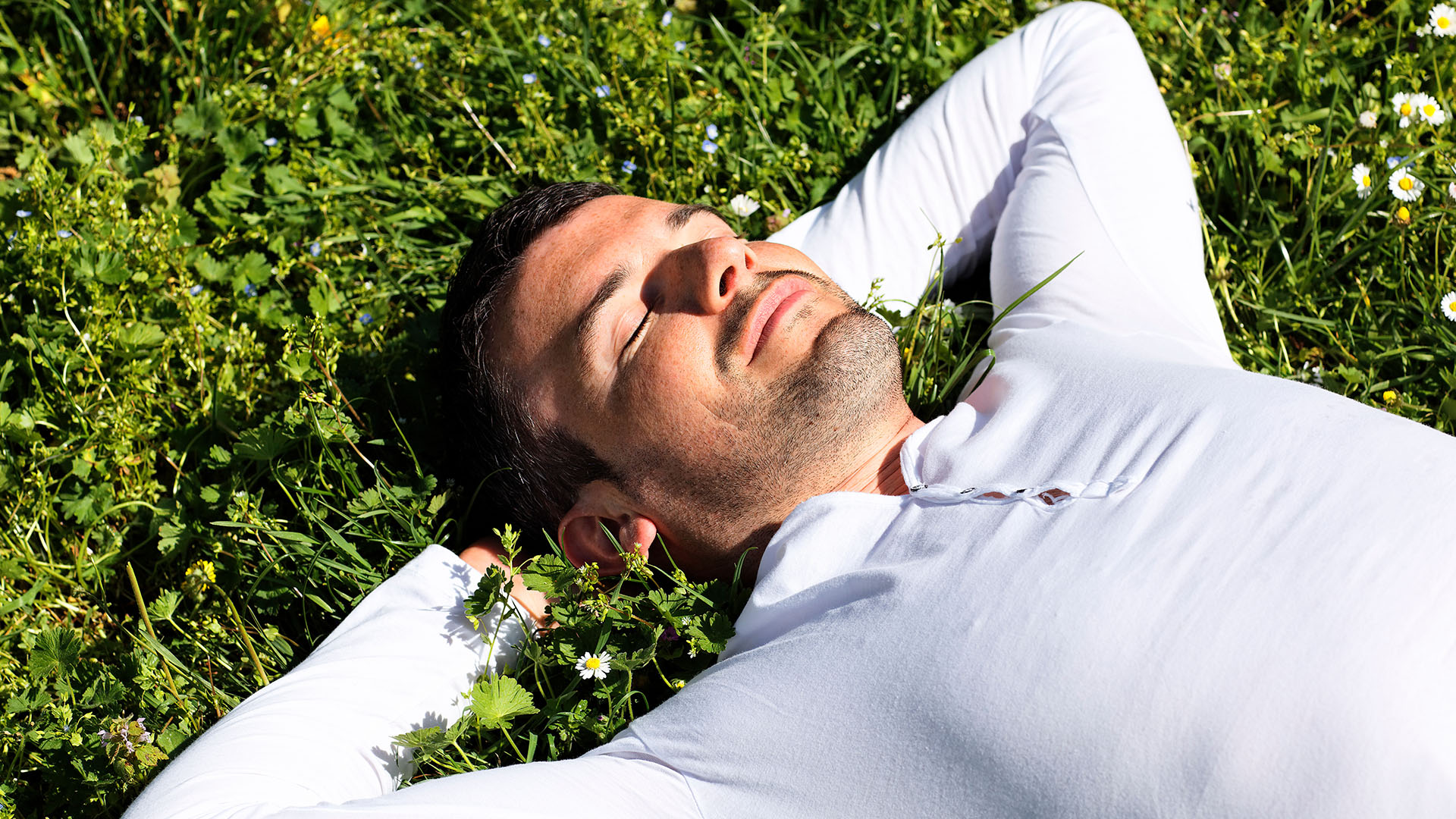
What Is “Sleep Grounding,” the New Earthy Trend on TikTok?
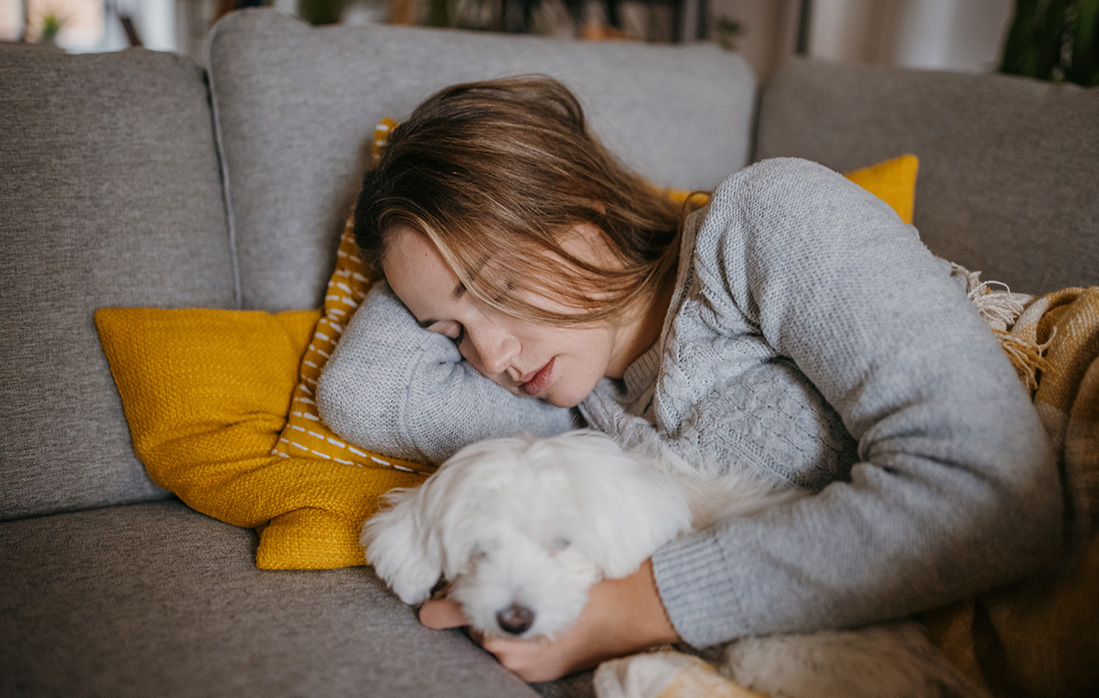
The Surprising New Link Between Daytime Naps and Atrial Fibrillation (Afib)
